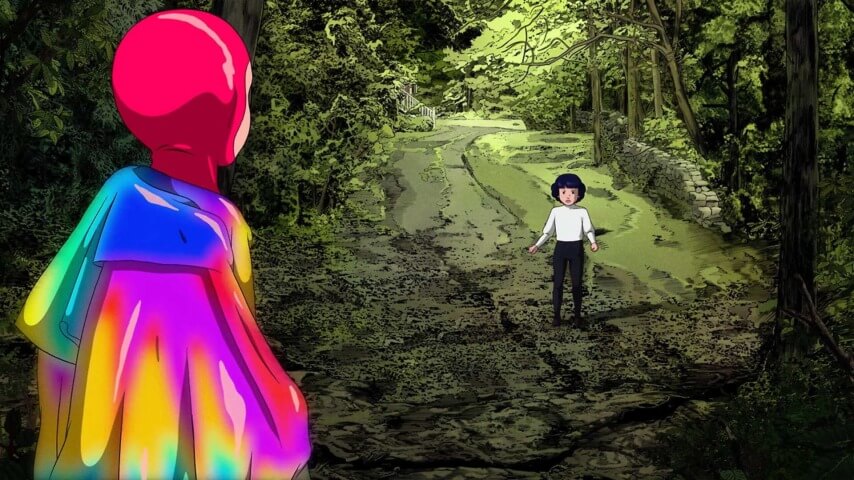Exciting debuts and Radu Jude fill the Chicago International Film Festival
Our dispatch from the fest's 2025 edition includes coverage of Arco, Kontinental '25, and The Plague.
Photo: Neon
Of all the film festivals to fill the theaters throughout the year in Chicago, the Chicago International Film Festival offers the broadest scope and the biggest selection of films from names familiar to cinephiles and those who will be soon enough. This year, the 61st edition features 111 feature films, which range from local talent (like the latest from All Jacked Up And Full Of Worms‘ Alex Phillips) to the kinds of festival hits that critics have been tantalizing arthouse devotees with all year (like Annemarie Jacir’s Palestine 36, Christian Petzold’s Miroirs No. 3, Agnieszka Holland’s Franz, and Clint Bentley’s Train Dreams). So, as much as I’d like to cover the two dozen or so films in the fest that we’ve already reviewed at The A.V. Club, I was left to dodge those and instead hunt for some movies that’ve fallen through the cracks. Luckily, there were plenty of debuts to take a chance on at the Chicago International Film Festival 2025, and a pair of features from Romanian eye-poker Radu Jude to decide between.
Seeing as we’ve got a piece on Jude’s Dracula coming later in the month, I’m opting to highlight Kontinental ’25. Compared to the sweeping and ungainly satires that’ve helped put Jude on the international map—films like Bad Luck Banging Or Loony Porn and Do Not Expect Too Much From The End Of The World—Kontinental ’25 is contained, focused, and almost subtle. Well, as subtle as a comedy about a woman making a homeless man’s suicide all about her can be. This warped, slimy take on Roberto Rossellini’s Europa ‘51 refocuses that cinematic guilt trip on the amusing insufficiencies of the modern self-righteous. After Orsolya (Eszter Tompa) and a battalion of cops evict an otherwise homeless man (Gabriel Spahiu) from her boiler room, he kills himself, and Orsolya spends the following 100 minutes telling everyone she can find that it wasn’t her fault.
The feature-length jab at well-meaning yet ultimately impotent (or worse) progressivism features a recurring punchline where Olsolya reminds everyone that she isn’t legally responsible for this death, of course, and a form that reflects its subject matter. Jude’s familiarly static camera—the film’s no-budget iPhone set-up strategically placed to allow two characters to converse in the middle of the frame—letting the people in Kontinental ’25 hang themselves with their own tone-deaf confessions, self-aggrandizing delusions, and weak-tea protests. As Olsolya talks with her family, her co-workers, her ex-student, and even her priest, the camera never flinches away from her wandering, self-centered quest for absolution.
 Keep scrolling for more great stories.
Keep scrolling for more great stories.
